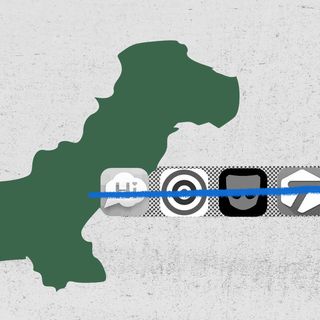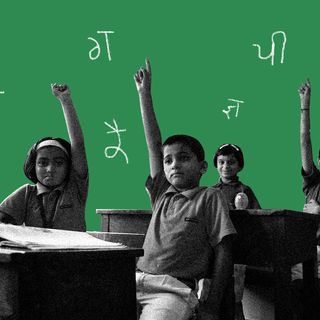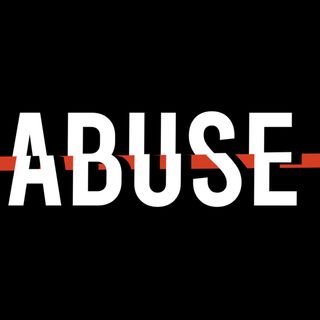Afghan women, especially wives and mothers, have long been kept out of the public, not only in person but also in name. Afghan men usually refer to their wives as “Mother of Children,” “My Household,” or “My Weak One,” the New York Times reports, while the rest of society usually refers to them by “Aunt.” Their names are also missing from important documents, such as their children’s IDs, and in some cases, from their own graves. In response to this erasure, Afghan women had started a three-year-old social media campaign called #WhereIsMyName? This week, the campaign achieved a small, but notable victory — Afghan mothers will be able to have their names displayed alongside the fathers’ in their children’s national identification cards.
This victory takes Afghan women one step closer to being able to assert their guardianship of their children in public. For a long time, this proved difficult in government offices and in financial institutions because of the erasure of their name from important documents, further reinforcing the need for them to have a man beside them to get any official work done. “By printing her name, we give the mother power, and the law gives her certain authorities to be a mother who can, without the presence of a man, get documents for her children, enroll her children in school, travel,” Laleh Osmany, one of the founders of #WhereIsMyName?, tells the New York Times.
The current proposal has been approved by the Afghanistan cabinet’s Law Committee, but still needs to undergo parliamentary approval and a final signature by the President.
Related on The Swaddle:
‘Why Didn’t They Leave?’ and the Vicious Cycle of Abusive Relationships
There is, however, a long way to go. Afghan women, by virtue of living in a patriarchal society that often uses religion as a way to justify misogyny, have always been considered an extension to the men of their household. This, data shows, has translated to a widely accepted culture of deference and silence around sexual, physical, and verbal abuse, which has deterred women from seeking help from the legal system. This, combined with the erasure of their name and identity both within and outside of their households, further proves an impediment to their being able to leave abusive marriages, over concern for their children who aren’t considered to be officially theirs.
Afghan women are considered caretakers of their children, but after the age of seven for boys and nine for girls, the custody of the child belongs solely to the father. This further deters women from leaving abusive households, because it would automatically mean they leave their child behind. Tack on top a society in which women are discouraged from earning an income for themselves and being financially independent, and stigmatized for being divorced, and the ripple effect stemming from the erasure of their identity becomes even more apparent.
The latest victory, combined with the gradual strides the Afghanistan parliament has taken to give women the right to vote, to go to school, and to work, paint a rosier picture compared to the country’s Taliban era. But it’s also important to realize these victories will only materialize when the society itself changes how it views women. Their names might be recognized on paper, but it will remain paramount to recognize their experiences in reality.




